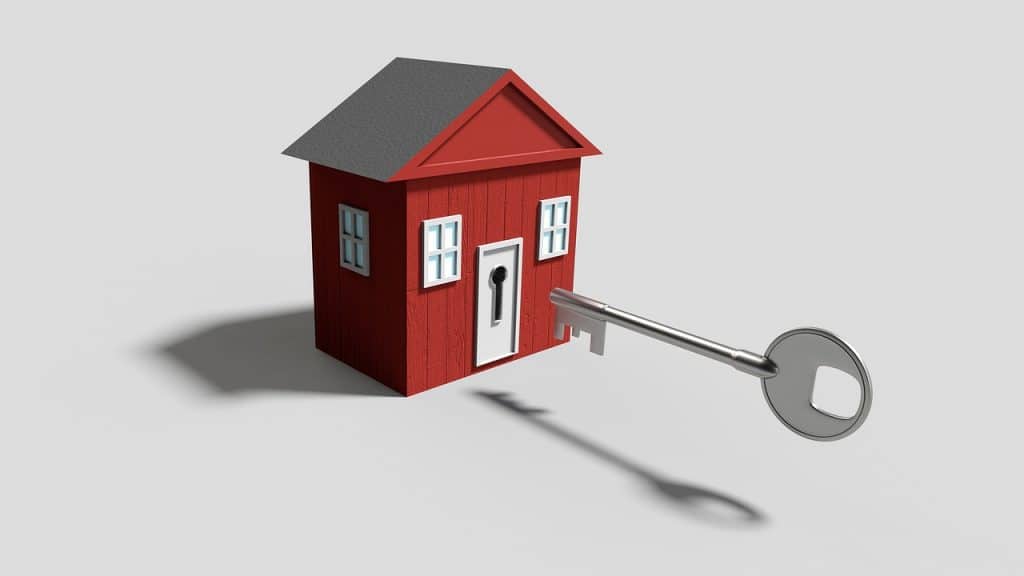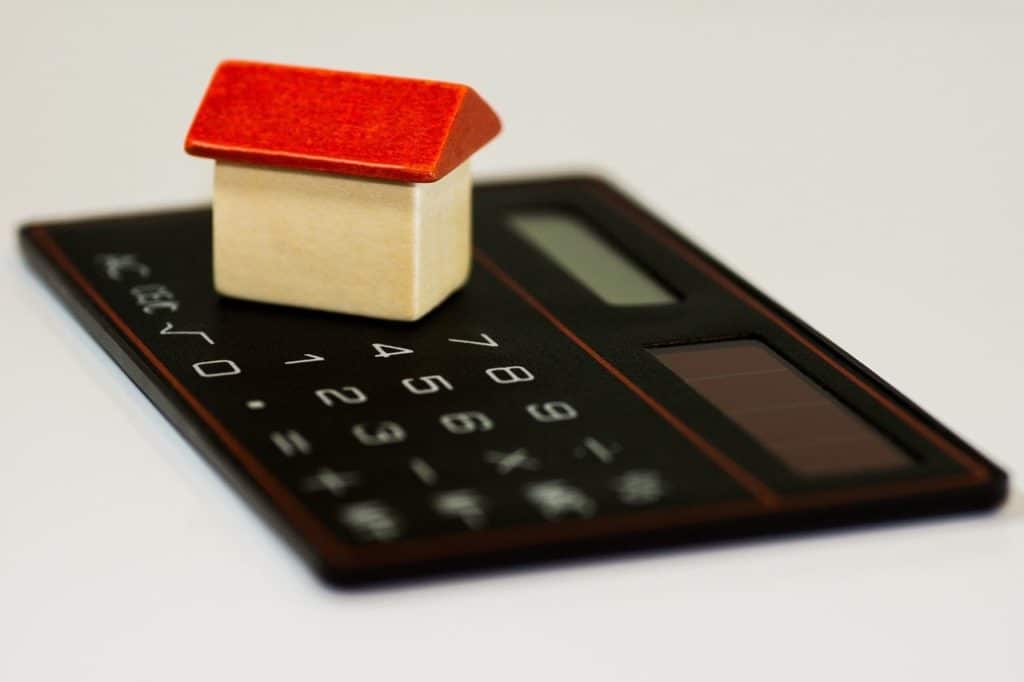Potential homeowners take out an initial mortgage when they purchase a home. In many cases, the mortgage is the loan that pays for the house for which you will pay installments plus interest that the lender attaches as a safety net to secure their risk for the loan.
These increase the amount of money that you’ll ultimately pay for the home, which is why most people hope to find the best lender with the lowest rates possible.
In many cases, the initial loan is not the one with which a homeowner stays. There is ultimately an intention that there will be an eventual refinancing for better terms. With reworking a mortgage, another lender comes into the picture to pay off the first mortgage and replace it with a new loan that offers a lower interest rate and better terms.
These don’t merely apply to mortgages. Other types of loans are eligible for refinancing, including student loans, vehicle liens, many others, but we’ll stick with mortgages here. See here for the Pros and Cons of different refinance loans.
Tips For Refinance Of A Mortgage Including Cash-Out
Refinancing a mortgage can save substantial money in the long run and potentially allow for an early payoff. There are steps you need to take to make refinancing at the best possible rate successful. If you follow the guidelines, it can save you time and effort with your pursuits.
** Outline Your Reasons For Refinancing
A lender will expect a clear-cut plan for the loan. It helps to outline the reasons why you hope to refinance in preparation for the meeting. Some of the primary reasons homeowners tend to refinance or employ cash-out refinance are to get better interest rates than the initial mortgage. Other plans include:
Cash-out refinances:
Some people will use a cash-out to renovate or add money to a retirement fund. Others use these as a way to get out of debt. A loan of this kind does replace your mortgage, but the loan is in a higher amount than needed to pay the mortgage off.
The excess that you borrow is sent to you in cash for however you choose to use it. But with this refinance, you’re responsible for a larger payment. It doesn’t save you money unless you’re able to get a phenomenal interest rate.
Lower Your Payment:
A mortgage payment can be costly, especially if the home is lavish. If you struggle to make ends meet with your day-to-day expenses, refinancing has the potential to help by making your terms longer and decreasing your monthly installment.
Decrease The Life Of The Loan:
Often, over time, people develop better financial standing than when they initially took their mortgage loan. The lender makes the interest charges based on your situation at the time, and those interest rates ultimately determine the amount you’ll owe on the home. Replacing the loan with new terms can potentially save money in interest and shorten the loan life.
Mortgage Insurance:
For homeowners who put down less of a deposit than is standard, it’s a requirement to have a MIP or mortgage insurance premium. These become part of your monthly installment.
Once you get to 20% of the home’s equity, you’re able to refinance the loan from a first-time homeowner to a conventional one and get rid of the MIP.
There is a multitude of lenders to research. There are also mortgage brokers who can help you find the right lender to set up with an appropriate mortgage that will fit your specific needs once you have an outline for redoing your loan.
** Fixing Your Credit Score
When redoing your mortgage, one of the most important tips is to repair your credit report. A lender will look at your score when determining what type of risk you will be and set the interest rates accordingly.
A lesser score indicates an inability to pay back money lent. You want to present a high credit score to show that you’re trustworthy, capable of making payments on time, and deserve a low rate. If you find errors in the report, you need to go about having these fixed.
- Personal Information: A report with incorrect addresses, misspelled names, incorrect social security number, or wrong employment information can drop your score. These are things you can have corrected.
- Closed Accounts: For accounts voluntarily closed that bureaus mark as “closed by a lender,” your score will go down.
- Debts: Any negative accounts you default on can drop your score substantially. These can only stay on your report for seven years. If not removed, you can contact the primary reporting agencies.
- Duplicates: Any duplications will count as negatives and drop the score.
It’s vital to check your report periodically and fix any errors that you find. There are typically errors on everyone’s score, simple mistakes that you can repair with relative ease. Doing so can take your score to a much higher level with just a few phone calls.
You also want to make sure to work on your credit score by paying bills on time, every time, and not overindulging in a credit or creating substantial amounts of debt.

Final Thought
A point to remember is you don’t have to use the same lender as the one you used for the original mortgage. It’s okay to shop until you find the best terms and rates. To find out why you might want to avoid a refinance go to https://www.investopedia.com/financial-edge/0711/4-reasons-not-to-refinance-your-home.aspx
Once you find the best interest rate, you want to lock it. These rates fluctuate, so it’s essential to lock the rate. In this way, it can’t increase before you close on your loan. Sometimes this can come with a fee. There is often also a specific period you have before it expires. Check with your lender for those specifics. You do run a risk with this if the rates go lower, so be sure you’re happy where they are before you commit.
A key takeaway is to prepare for some closing costs and try to pay those out-of-pocket instead of having those tacked to the loan. You’ll be glad you did because it will save you money in the long run.





